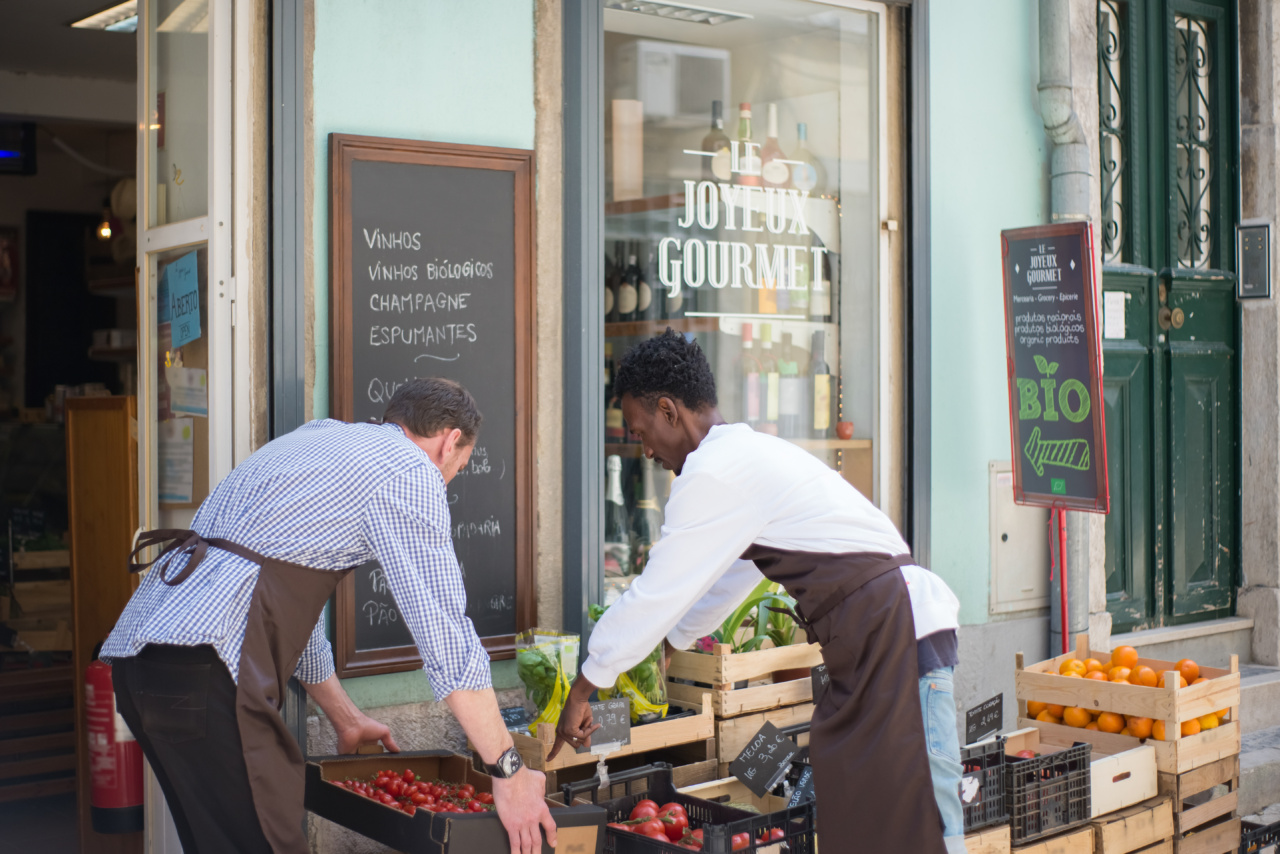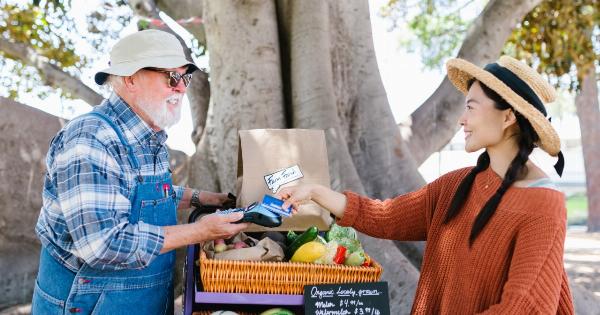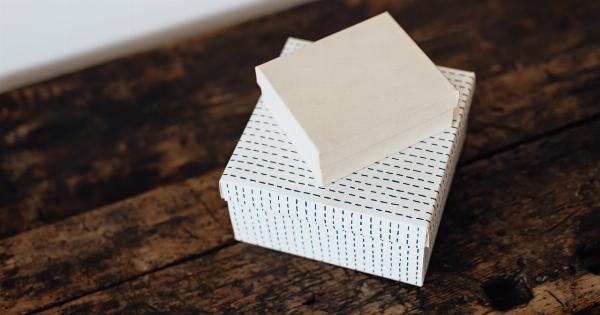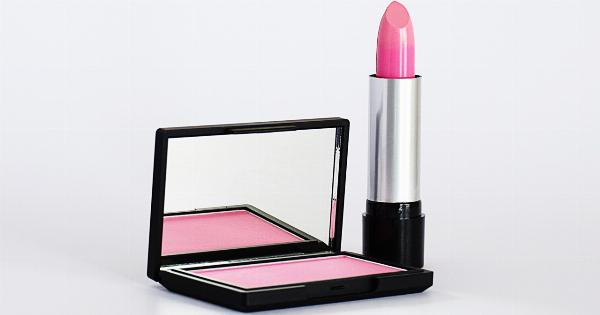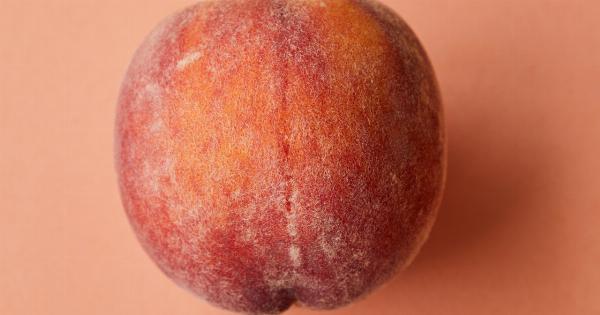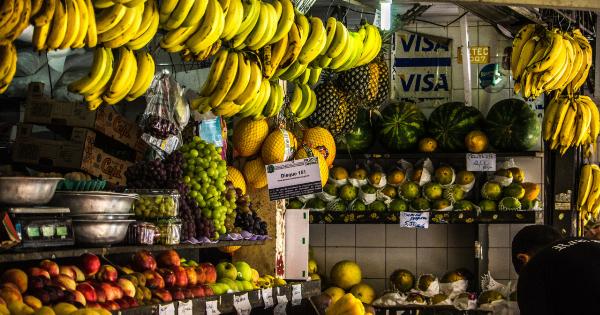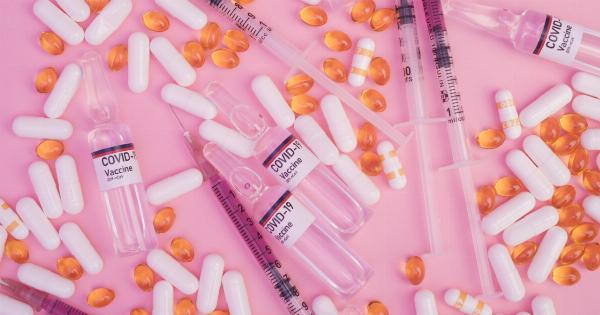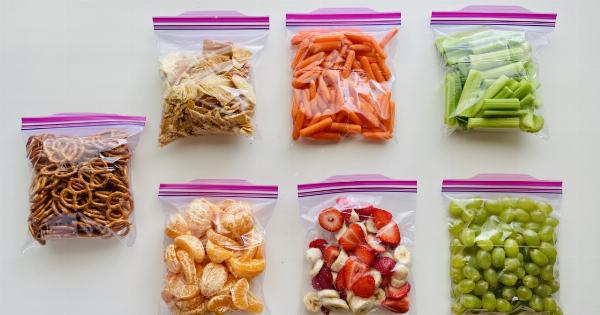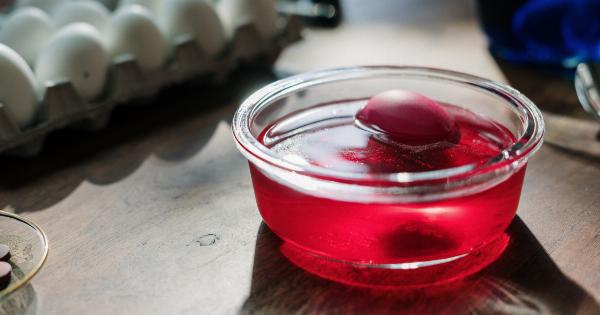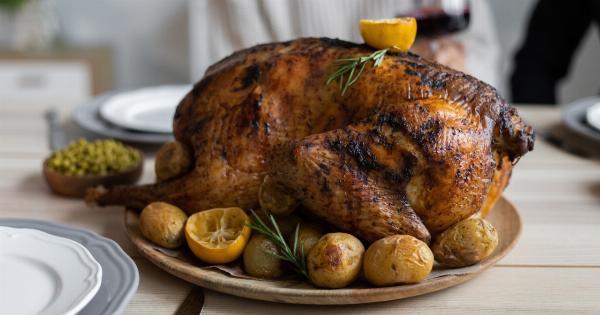When it comes to storing fruits and vegetables in the refrigerator, knowing which ones should not be stored together is essential. Some fruits and veggies release ethylene gas, which can cause others to spoil faster.
To keep your produce fresh for longer, it is important to understand which combinations to avoid. In this article, we will discuss the fruits and veggies that should not be stored together in the fridge.
The Importance of Proper Storage
Proper storage of fruits and vegetables can significantly impact their freshness and shelf life. While refrigeration helps in preserving the quality of many produce items, some fruits and veggies are better stored at room temperature.
Understanding which ones to store separately can prevent premature spoilage and help you enjoy your fresh produce for an extended time.
Fruits and Veggies That Should Not Be Stored Together
1. Bananas.
Bananas are known for their high ethylene production. They should be stored separately from other fruits and veggies, as they can speed up the ripening process and cause surrounding items to spoil faster.
It is best to keep bananas at room temperature until they reach the desired ripeness, and then transfer them to the fridge to slow down further ripening.
2. Apples.
Apples also release a significant amount of ethylene gas. Storing them with produce items sensitive to ethylene can cause premature ripening and spoilage.
It is recommended to store apples separately or in a crisper drawer away from other fruits and veggies.
3. Leafy Greens.
Leafy greens, such as lettuce, spinach, and kale, are highly perishable and should not be stored with fruits that release ethylene gas. The gas can speed up the spoilage process, leading to wilting and loss of freshness.
Keep leafy greens in a separate compartment or airtight bag to maintain their crispness.
4. Broccoli and Cauliflower.
Broccoli and cauliflower are cruciferous vegetables and are sensitive to ethylene. Storing them with ethylene-producing fruits or veggies can cause them to yellow and become mushy.
Keep broccoli and cauliflower in a separate area of the refrigerator, ideally in open plastic bags to maintain freshness.
5. Tomatoes.
Tomatoes have a delicate texture and flavor that can be compromised when stored with ethylene producers like apples or bananas. It is best to store tomatoes at room temperature until they are fully ripe and then use them promptly.
If you need to store ripe tomatoes, keep them separate from other produce items to avoid premature spoilage.
6. Onions and Potatoes.
Onions and potatoes should not be stored together in the fridge as they can cause each other to spoil faster. They both require cool, dry, and dark environments for optimal storage.
Instead of refrigerating them, store onions and potatoes in a cool pantry or a well-ventilated area.
7. Citrus Fruits.
While citrus fruits like oranges, lemons, and limes can be stored in the refrigerator, it is best to keep them separate from other fruits and veggies. Their ethylene production can adversely affect other produce items, leading to faster spoilage.
Store citrus fruits in a cool, dry place or in the refrigerator in a separate compartment.
8. Ethylene-Sensitive Fruits.
Some fruits are highly sensitive to ethylene gas and should be stored away from ethylene-producing produce. These include peaches, plums, pears, and strawberries.
To prevent premature ripening and spoilage, store these fruits in a separate area or in the original packaging in the refrigerator.
9. Avocados.
Avocados should be stored at room temperature until they are fully ripe. Once ripe, you can transfer them to the refrigerator to extend their shelf life.
However, avoid storing them with ethylene producers, as this can lead to accelerated ripening and spoilage.
10. Berries.
Berries are delicate and can be easily affected by the ethylene gas released by other fruits and veggies. It is best to store berries in the refrigerator, but separate them from the ethylene-producing items.
Keep berries in a breathable container or a specific section of the fridge to maintain their freshness.
Tips for Proper Storage
Now that you know which fruits and veggies should not be stored together, here are some additional tips for proper storage:.
- Keep fruits and vegetables in separate compartments or drawers in the refrigerator to minimize contact.
- Avoid washing produce before storing, as excess moisture can contribute to spoilage.
- Remove any spoiled or overripe items promptly to prevent the spread of mold or bacteria.
- Consider using airtight bags or containers to extend the shelf life of produce items.
- Store fruits and veggies in their original packaging when possible, as it is designed to preserve freshness.
Conclusion
Proper storage of fruits and vegetables is crucial to maintain their freshness and extend their shelf life.
By understanding which fruits and veggies should not be stored together due to ethylene gas production, you can prevent premature spoilage and enjoy your produce for longer. Remember to store ethylene-producing items separately or at room temperature until they are ripe. Follow these storage guidelines to make the most of your fresh produce.
